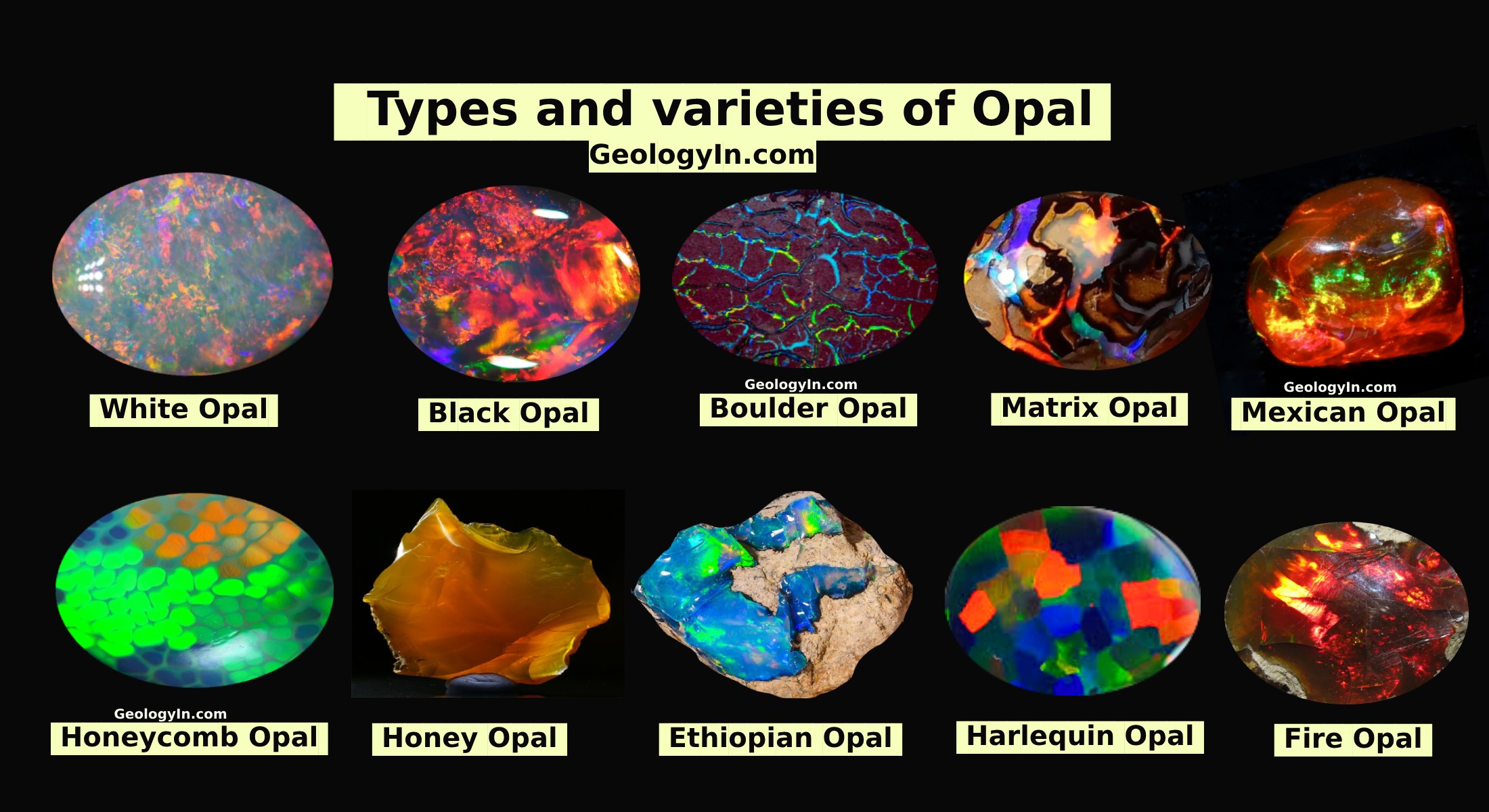China's Mountain That Lays Stone Eggs
In the Guizhou Province of China, there's a geological phenomenon that has captured the curiosity of both locals and visitors alike, known colloquially as the "egg-laying mountain." This phenomenon occurs at a cliff named Chan Da Ya, where what are described as "stone eggs" appear to be laid by the mountain itself.
A rural and small Chinese village has been in the media spotlight because of a mysterious cliff face that is said to lay 'eggs'. The so-called 'egg-laying cliff', situated in south-east China, regularly produces large round rocks as heavy as 660 pounds, according to the locals.
It's said that the 'stone eggs' would drop from the cliff once every three decades or so. Scientists are yet to give an official explanation to the phenomenon.
The unusual mountain is located in the Guizhou Province in the Gulu Zhai village, where the minority Shui People have lived for about 1,000 years.
The 'egg-laying cliff', or 'chan dan ya' in Chinese, is an area measuring 20 metres long (66 feet) and six metres wide (20 feet) on an unnamed mountain in the village.
.jpg) |
| China’s Mysterious Egg-Laying Mountain That Spews Out Stone Eggs The "egg-laying" cliff in Sandu, Guizhou province, |
'Stone eggs' would reportedly grow from the cliff face and eventually drop to the ground.
Every so often, about once every 30 years, the 6-meter (19 foot 8 inch) high cliff appears to “shed” an egg and it falls to the floor. The eggs are no more than 20 to 40 centimeters (8 to 16 inches) in diameter. According to the locals, there are other smaller "stone eggs" nearby.
The largest of the stones have even been found to weigh over 600 pounds (272 kg).
The cliff is made of a common type of calcareous rock that was formed about 500 million years ago in the Cambrian period. The eggs, on the other hand, are concretions made of tougher, heavier sediment deposits. This means that the cliff face tends to erode away quicker than the eggs during prolonged rainfall or sudden landslides. The roundness of the “eggs” is likely due to running water, however it isn’t clear how or why so many became embedded in the rocks.
.jpg) |
| The "egg-laying" cliff in Sandu, Guizhou province, May 12, 2010. [Photo/VCG] |
Why Does the Cliff 'lay Eggs'?
Over the years, geologists in China have provided some possible explanations to the cause of the phenomenon. However, none official ones have been announced.
The 'stone eggs' were lumps formed by calcium carbonate molecules in the deep sea around 500 million years ago during the Cambrian Period, claimed Dr. Wang Shangyan from the Bureau of Geology and Mineral Exploration and Development of Guizhou.
These "eggs" are concretions, formed from tougher, more resistant rock types, primarily composed of silicon dioxide or calcium carbonate, embedded within a matrix of softer rock. Over time, as the cliff erodes due to weather conditions like rain or landslides, these harder stone formations become more exposed and eventually fall out or are more noticeable, giving the appearance of being "laid" by the mountain.
In a book, called 'Scary Phenomena', Dr Wang said the deep sea turned into high mountains over time, and these lumps became lodged in the mountains. And because mudstone, which forms the mountains, weathers more quickly than the lumps, it appears that the cliff is giving birth to the 'eggs'.
Dr Wang's opinion was largely agreed by Professor Xu Ronghua from Institute of Geology and Geophysics, Chinese Academy of Science. But Prof. Xu said the lumps were made with silicon dioxide.
In explaining why the objects are round, Prof. Xu told DW News: 'A sphere has the smallest superficial area compared to other shapes with the same volume. As such, it would take the least effort for the molecules to form a sphere than the other shapes. '
Prof. Xu said running water could also be a factor why the lumps are round. He added that similar phenomena had been observed in Beidaihe, north China, and Xinjiang, north-west China.
The local Shui people consider these stone eggs to be good luck charms. They collect and sometimes worship these stones, believing they bring fortune and prosperity. The unique nature of this "egg-laying" cliff has also turned it into a minor tourist attraction, although its remote location might limit the scale of tourism.
.jpg) |
| A tourist takes a picture of the "egg-laying" cliff in Sandu, Guizhou province. [Photo/VCG] |

.jpg)
.jpg)
.jpg)
%20(1).webp)






